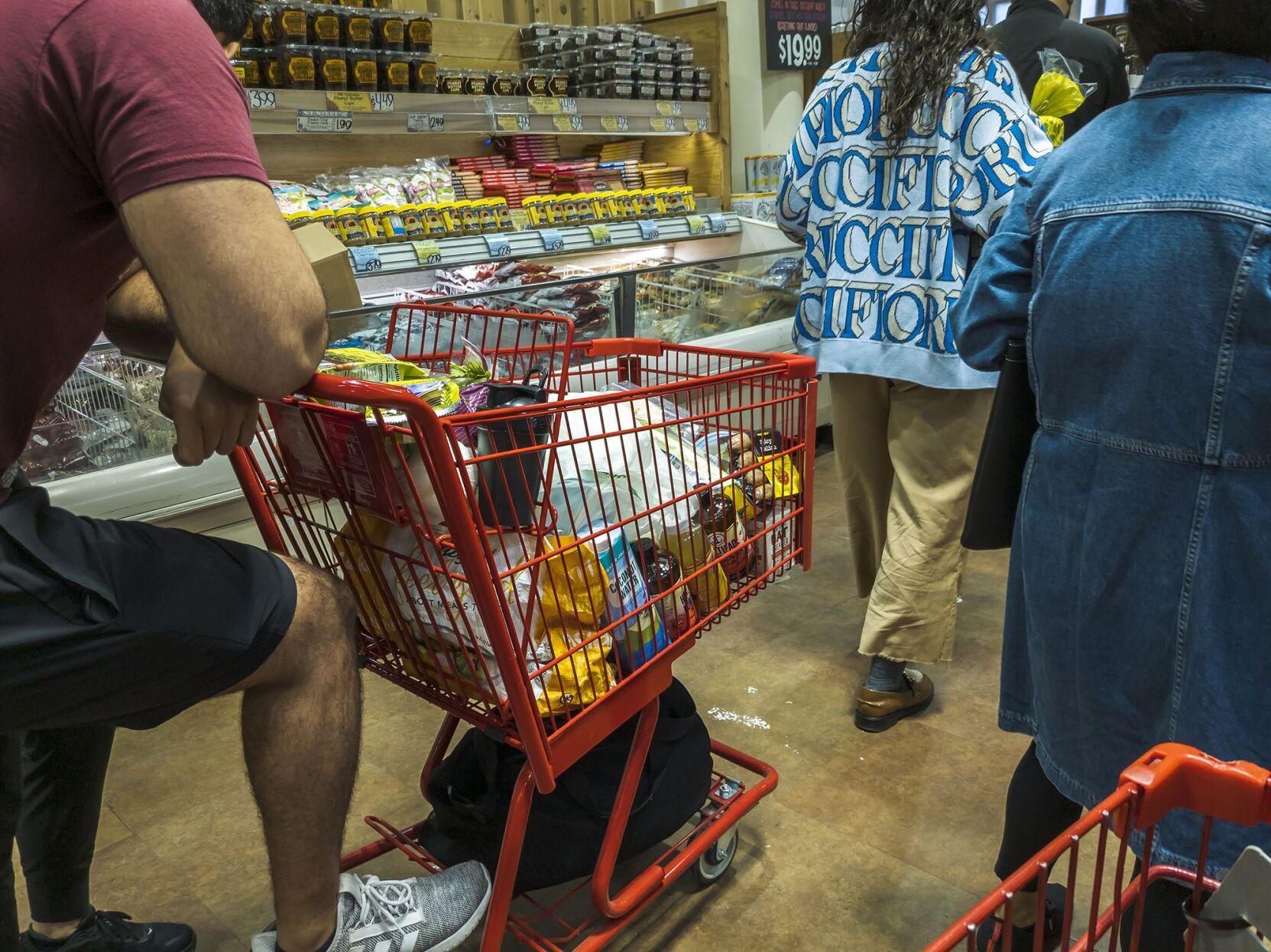State Representative for Tennessee Elaine Davis, R-Knoxville, has filed legislation to eliminate Tennessee’s grocery tax. The proposed legislation, House Bill 21, would end the state tax on retail sales of food ingredients without local revenue loss or raising taxes on local businesses. “We have all felt the impact of rising food prices over the last […]

State Representative for Tennessee Elaine Davis, R-Knoxville, has filed legislation to eliminate Tennessee’s grocery tax.
The proposed legislation, House Bill 21, would end the state tax on retail sales of food ingredients without local revenue loss or raising taxes on local businesses.
“We have all felt the impact of rising food prices over the last few years, and working families have struggled to put food on the table as a result,” Davis said. “Tennesseans know best how to spend their own money. Repealing taxes on essential items like food and personal hygiene products has been one of my top legislative priorities. This legislation will save families hundreds of dollars annually and not have any consequences for our business owners or their employees. I’m honored to carry this legislation with support from House leadership.”
Since 2012, $5.1 billion in state taxes have been cut after several sales tax holidays were approved and taxes on citizens and businesses were eliminated.
“Repealing the state grocery tax without burdening our businesses is a critical step in our ongoing efforts to reduce the financial burden on working families and ensure that basic necessities are more affordable for all Tennesseans,” said House Majority Leader William Lamberth, R-Portland, who serves as co-sponsor of House Bill 21. “This tax cut is not just about saving money—it’s about helping families thrive by making Tennessee a more affordable place to live. I’m proud to continue our supermajority’s tradition of good fiscal stewardship that Tennesseans have come to expect and rightly deserve.”
Currently, the state sales tax on food and food ingredients is 4%, plus the local sales tax rate. This includes the following items:
- Eggs
- Bread
- Canned goods
- Produce
- Cereal
- Spices and condiments
It does not include:
- Food prepared by the seller
- Ready-to-eat meals
- Candy
- Alcoholic beverages
- Tobacco products
- Dietary supplements
Davis’ proposal would allow individual counties to implement a sales tax on groceries if approved by their local legislative body. If passed by the General Assembly on January 14, 2025, the proposal would take effect on July 1, 2025.
Source: Local 3 News

